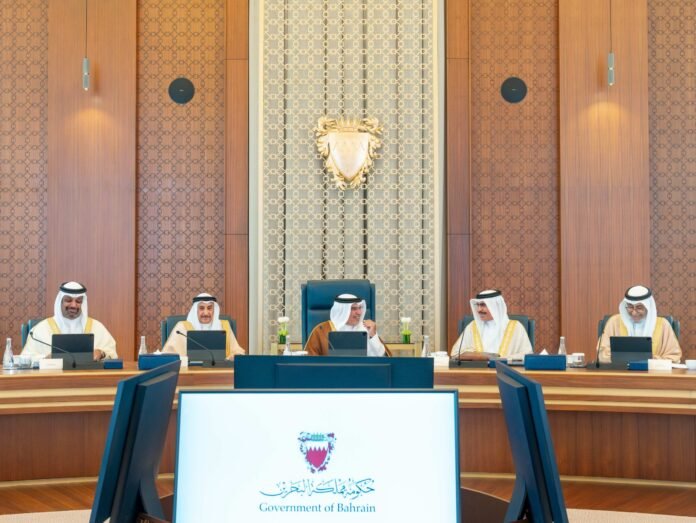The Bahrain Royal Decree has updated key provisions for the National Archives Center. This decree brings significant changes to the governance and operational framework of the center. It aims to strengthen the management and preservation of national documents. The decree replaces several articles in the previous law establishing the center. This legal move demonstrates Bahrain’s commitment to modernizing its archival system.
Under the Bahrain Royal Decree, the National Archives Center now has a Board of Trustees responsible for oversight. The board consists of seven members who serve renewable four-year terms. The decree clearly defines the board’s duties, including approving the center’s plans and archiving standards. Furthermore, the board must submit annual reports to the Council of Ministers. This structure aims to ensure accountability and transparency in managing the country’s historical records.
In addition, the decree creates the role of a President for the center. This President manages all technical, administrative, and financial matters. The President proposes plans and standards and reports progress to the Board of Trustees regularly. Moreover, the decree outlines the financial resources available to the center. These resources include state budget allocations and voluntary donations approved by the board. This financial framework aims to provide the center with the tools needed to fulfill its mission.
Overall, the Bahrain Royal Decree marks an important political step in enhancing government institutions. It reflects a focus on improving national heritage preservation through clear governance. By updating these provisions, Bahrain strengthens the foundation for a modern archival system. This decree aligns with broader efforts to promote effective public administration and governance reforms in the country.
In conclusion, the decree took effect immediately upon issuance and will be published in the official government gazette. It represents a strategic move to safeguard the nation’s documentary heritage while reinforcing political accountability in institutional management.


